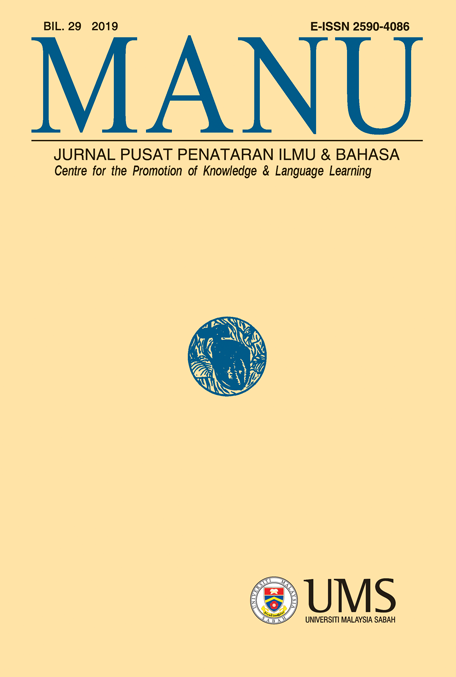THE INDONESIA-MALAYSIA CULTURAL HERITAGE DISPUTES: A CASE STUDY OF THE PENDET DANCE AND RASA SAYANGE FOLK SONG
DOI:
https://doi.org/10.51200/manu.v29i.1880Keywords:
Indonesia-Malaysia relations, nationalism, power politics, cultural heritageAbstract
Abstract This article analyses the role of nationalism and power politics (external/domestic) in shaping Indonesia’s relations with Malaysia during the administration of President Susilo Bambang Yudhoyono (SBY). More specifically, it examines how nationalism, namely domestic nationalist pressure interacts with other external-domestic determinants in shaping Indonesia’s external behaviour and options towards Malaysia when managing the cultural heritage disputes, with particular attention given to Malaysia’s alleged claims of proprietorship over the Pendet dance and Rasa Sayange folk song. By adopting a neoclassical realist construct, this study seeks to address the pertinent questions of why, how, when and to what extent nationalism affects the perceptions and calculation of the SBY administration and Jakarta’s policy options during their altercations over the two cultural heritage debacles. Special attention is given to examining the interactions between domestic nationalist pressure and the related external-domestic determinants influencing Indonesia’s foreign policy towards Malaysia, to assess the extent to which nationalism constrained the SBY administration’s handling of the related episodes of the cultural heritage disputes. This study found the salience of nationalism and/or domestic nationalist pressure in constraining/affecting SBY administration’s management of the cultural heritage disputes affecting the Indonesia-Malaysia bilateral ties to be dependent on the Indonesian state-elites’ perceptions/calculation of the external-domestic conditions, namely their domestic political resolve vis-à -vis nationalist forces and Indonesia’s relative power position compared with Malaysia, which predisposed specific foreign policy-options during the given time period and context.
Downloads
Published
How to Cite
Issue
Section
License
All right reserved. No part of this publication can be reproduced without prior written permission of the copyright holder. The written permission of the copyright holder must be obtained before any parts of this publication is stored in a retrieval system of any nature.
Requests for permission to duplicate an article, review or part of this journal should be addressed to the Chief Editor, MANU, Centre for the Promotion of Knowledge and Language Learning, Universiti Malaysia Sabah, Jalan UMS, 88400 Kota Kinabalu, Sabah, Malaysia.









